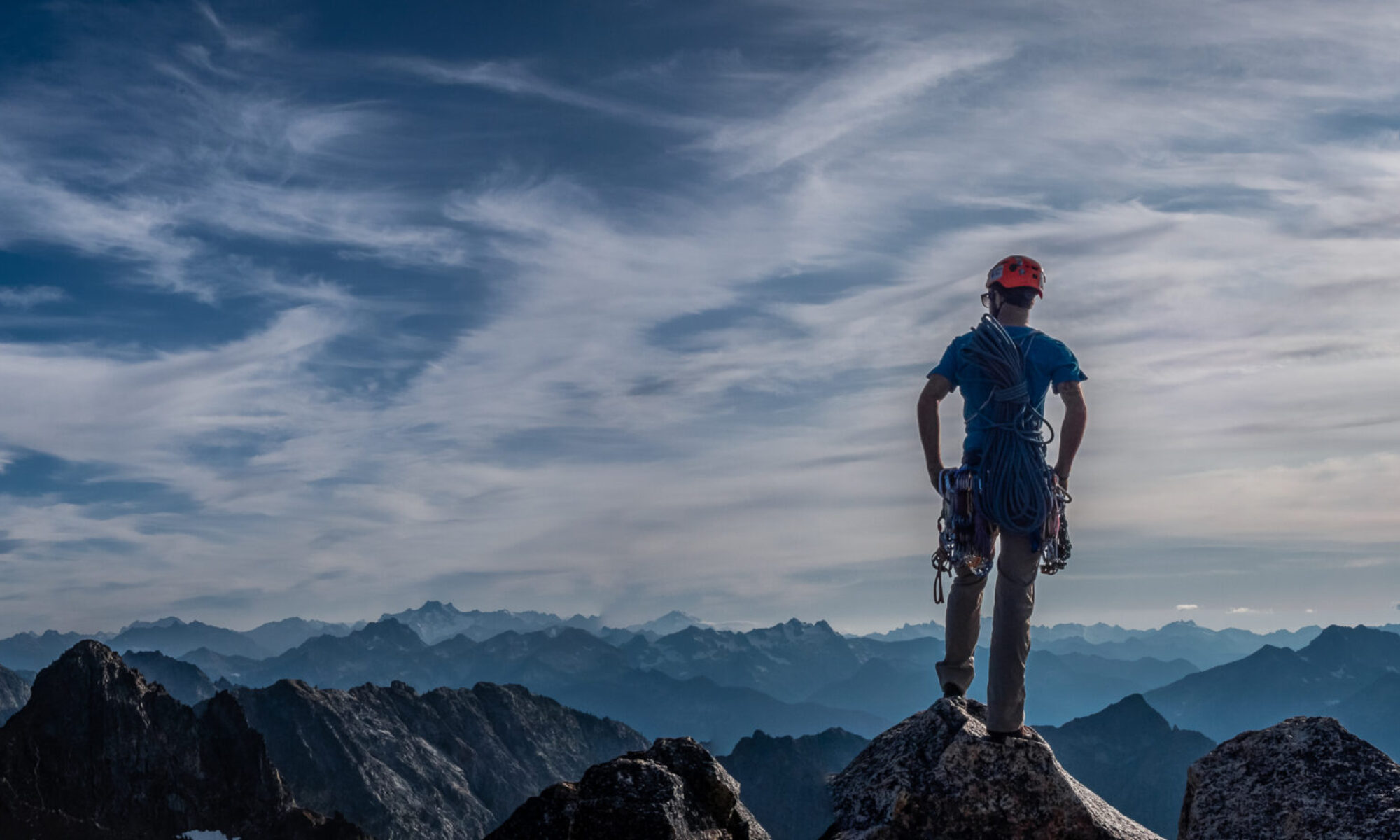Interview with Christof Teuscher, associate professor in the Department of Electrical and Computer Engineering at Portland State University, investigating next generation computing models and technologies. In his off time he stays busy with photography and ultra running. By Kevin Machtenlinckx.
They say that when you were a boy growing up in the Swiss Alps, you learned to ski before you learned to walk. Any truth behind that?
Yes. There is some Kodak Super 8 footage out there of me on a pair of wooden skis in the Swiss Alps. I keep falling over and over in the film, but I always seemed to get back up. My mom says that I was relentless.
You only got into trail running in the last three years. Why now?
I sustained a knee injury way back in high school while running down a mountain with some friends. It never really healed properly and that kept me away from running. I thought it was just not meant for me. Then, a few years ago, a friend asked me if I would run a 50k with her. I don’t know why, but I said yes. I had always stayed in shape through mountaineering, backpacking and mountain biking, so the few months that I had to train leading up to the race wasn’t as bad as it would be for some. Still, and I didn’t know it at the time, it isn’t advisable to ramp up to race shape so fast and I sustained injuries during training. I still ended up going through with the race and finished it successfully. My goal became to do a 100-miler within one year.
Have you competed?
Yes, I’m fairly competitive and signing up for races gives me something to work toward, otherwise it gets to be a bit hard to stay motivated to run long distances week in, week out. Right now I’m focused on long distance mainly due to my age. You see a lot of younger folks who are physically much stronger than I, but they don’t necessarily have experience or the mental toughness to deal with tough situations of long distance races, which is why I can still compete.
You’ve recently completed a five peak traverse by climbing South Sister, Middle Sister, North Sister, Mt. Jefferson, and Mt. Hood, trail running between all of them. You’ve also completed the 750-mile Oregon Desert Trail (ODT) this summer, attempting a speed record. Where do these massive goals come from?
I’m not entirely sure, but these goals do give me the chance to learn about myself and where limits are. I find it fascinating to explore the human physical and mental limits. I enjoy the logistics and planning that some of these projects require, too. The ODT, for example, was a two year project. I also like to do things that people think are impossible, not necessarily to prove people wrong, but rather to prove to myself that these things are possible.
Do you find that the way you approach physical undertakings affects how you tackle problems in other aspects of your life?
Absolutely. There are lots of connections. In my research, for example, I like to explore the limits of what technology and computers are able to do. We fail often in academia because we go into projects unsure of what the limits are. We might spend years on a project only to find out there is simply a fundamental theoretical limit. Those who can resist those setbacks will be the most successful, which is the same mindset found in long distance running.
There is undeniably an element of mental toughness required to spend days on end running through the desert. How do you train for that?
I would say mental toughness is more important than physical condition and is often overlooked. There is a scientifically-based technique called Mindfulness-Acceptance-Commitment (MAC) that I use to get me through the tough times during runs. After enough practice, this becomes second nature and the brain automatically switches to this method of thinking when the physical pain starts. The body actually has a much higher physical limit than we think and, often, the mind is more of the limiting factor.
Your talk will be focused on embracing failures so as to improve. Can you give us a taste of one of your failures that you will share with us?
At one moment during the ODT, at night, I was searching for a food cache and couldn’t find it. The GPS coordinates were not entirely accurate and I couldn’t remember where it was. I dug up a large part of the 300’ x 300’ square that I was searching but found nothing. I was exhausted, in a lot of pain, and wanted nothing more than to quit. After a long search I gave up and started walking to the trail, getting out my SPOT device to send a message to my wife telling her to pick me up. All of a sudden, I stumbled upon half of the marker that was left on a bush. I had found a valid reason to quit, but now that reason was taken away. I didn’t know how to feel. There was no one out there to talk this over with but myself. My wife pointed out that I’m not a person that needs a reason to continue. In that moment, I just didn’t have a good enough reason not to continue. So I kept going.
Easy question … how do you relax?
I’m restless by nature. Usually an hour in the hot tub is enough. Otherwise I don’t necessarily try to take a week off or anything. Running in itself acts as stress relief. I tried to take a week off from running once and it was a disaster. I’m someone who thrives from always having an activity.
Come and here Christof share his experiences at Fail Often to Succeed Sooner at Evolution Healthcare & Fitness on Nov. 18.



